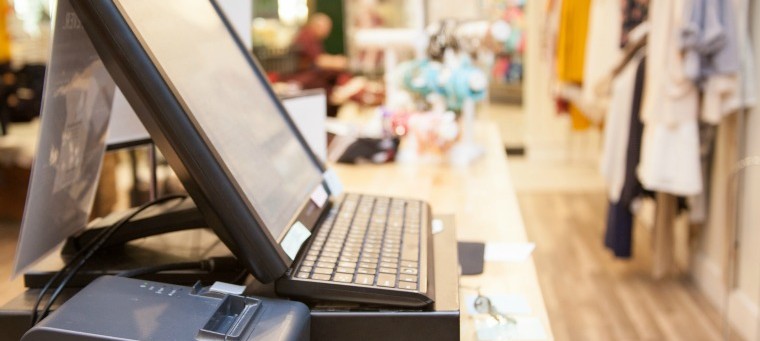
Is Employee Theft Cutting into Your Business’s Profits?
Employee theft is a major problem that’s often overlooked by retailers and small business owners. According to the Better Business Bureau (BBB), up to 30% of all business failures are the result of employee theft. As a business owner, it’s your responsibility to implement the necessary safeguards to protect your business from this type of illegal activity. Turning a blind eye will only lead to further instances of employee theft and subsequent profit loss.
Common Ways that Employees Steal from their Employer:
- Physically stealing products when no one is watching.
- Stealing supplies (e.g. office pens, pencils, printer paper, etc.).
- Taking cash from the registers.
- Copying customers’ credit card numbers and information.
- and many, many more…
Preventing Employee Theft
So, what steps can you take to prevent employee theft in your business?
Hire the Right People
Your first line of defense is to hire honest and trustworthy employees. It’s not uncommon for employers to hire the first person who submits a job applicant, without taking the time to check his or her background and credentials. Even if a job applicant appears to be trustworthy, employers should still conduct thorough screenings to ensure the applicant doesn’t have a criminal history involving theft.
If you don’t already have one, consider implementing an employee-referral program. Research has shown the new hires who were referred by current employees have a better success rate over the long run when compared to off-the-street hires.
It also helps to have a positive work environment — if employees feel appreciated and that their supervisors respect them, they are less likely to steal.
Anonymous Tip Line or Reporting
Creating an easy, anonymous way for employees to report suspicious or known illegal activity can also reduce the likelihood of theft, as well as make it easier to investigate if it is happening.
Secured Areas
Employers should also consider using a locked cage or room to store product surplus. Rather than leaving these products out in the back office where workers frequent, keeping them in a locked cage or storage room will ensure they are safe and sound. And make sure the keys to locked cabinets and storage areas aren’t just lying around — make sure only authorized employees have access to the keys.
Better yet, instead of locks and keys, consider installing an access control system – this can be a keypad requiring a password, a card reader or even a fingerprint or other biometric scanner.
More Effective – Video Surveillance Systems
Of course, the most effective measure to protect employee theft is a video surveillance system. A video surveillance system will provide 24/7 coverage of your workplace and the surrounding area. And this doesn’t need to be a secret — just the knowledge of being monitored by a video camera is often enough to deter potential theft.
Most thieves prefer to stay hidden (for obvious reasons), and if an employee proceeds to steal, he or she will be caught on camera. Just remember to cover both the front and back of your workplace. If only the front of your workplace is covered with video surveillance (e.g., the area in which shoppers enter), the back area will remain vulnerable to employee theft. Anywhere cash and credit card transactions are taking place should also be well-monitored.
A Must – Alarm Systems
An alarm system is another safeguard that’s effective for preventing both shoplifting and employee theft. Some employees wait until the business is closed before stealing cash or products, in which case an alarm system will prevent this illegal activity. Typically, only the employer and manager(s) are capable of disabling the alarm system, meaning employees cannot enter the workplace without a manager or the employer present.
These are just a few steps that employers can take to better protect their business from employee theft.
“The truth is that the industry loses billions of dollars each year at the hands of callous criminals that could be put towards human capital, promotions and other necessary business operations,” said Bob Moraca of the National Retail Federation (NRF).

